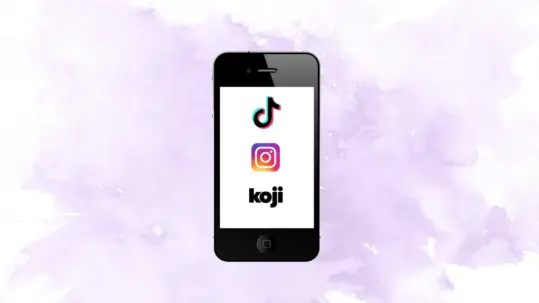
07 Jul Google Panda, Penguin and Hummingbird: partners in the name of content and high-quality translations
Very often we hear about SEO, the set of techniques designed to improve your website rankings in search results; people talk about algorithms, indexing, quality content, and more.
When we need a web page translated, these are all matters that must also be scrutinised in the target language. Therefore, translation is not enough in these cases. Concepts like multilingual SEO and SEO translation come into play, as they are two sides of the same coin that allow the translated pages of a website to compete on search engines in other languages.
The search (and hunt) for optimised content (and its translation) in recent years is due especially to three algorithms that Google launched in the previous decade. Named after three cute animals, these algorithms use artificial intelligence to define themselves and improve day after day:
- Panda, which protects the Internet from low-quality content
- Penguin, which fights spam and misleading SEO techniques
- Hummingbird, which has made it possible to give users exactly what they’re looking for
Google Panda
Way back in February of 2011, Panda was the first of these three algorithms to get in the game. It reached Italy not long after, in 2012. The aim of Panda was, and still is, to fight low-quality websites, such as those full of second-rate content and bursting with advertisements. By penalising them in their SERP position and rewarding instead other websites that presented quality content.
Today, we might take all this for granted. Every time we perform a search with a specific query (what we type into the search bar), we are nearly always satisfied with the first results that Google suggests. Both in terms of relevance and reliability. However, before Panda was launched, things were somewhat different, and we’re certain some of our readers will remember what we mean.
Google Panda began to intervene to the detriment of a few features that some sites usually had as well as several tricks they used to employ, such as:
- an extremely high bounce rate, which is the indicator of how quickly a user leaves the site
- entire pages copied and pasted from other sites
- pages full of clickbait
- few backlinks, meaning not many links to external sources
- sources not at all reliable and included just for the sake of having clickable links
- an excessive number of banner advertisements
- poorly written pages (very poorly), often the result of a rough translation
- black hat, a particular low-grade link building technique that literally forces the user to go to another page, which is the real aim of the site
Not bad for a docile Panda, right? From 2011 until now, Panda has received 31 updates, dictating still today useful rules to follow in order to be competitive on the Internet.
Google Penguin
Google Penguin is the first natural ally of Panda, launched exactly one year later and specialising in SEO. Penguin opposes those sites that remain undaunted, continuing to use questionable techniques to rank higher in search engines.
Let’s imagine Panda as he stoically battles against hundreds of thousands of sites with worthless and deceptive content while at the same time Penguin, even more agile and accurate, arrives on the scene to strike at those fleeing his blows.
So, Google Penguin specifically penalises the following:
- sites that use “forced links”
- whoever adopts black hat techniques (see above)
- deceptive link building that goes against the rules
And what’s more, Google Penguin notices if there are off-topic links, often added to do a favour for those who will do the same in kind; it locates irrelevant links at the bottom of the page; and it penalises the misuse of keywords that pose strong competition but then lead to pages about a different topic.
Penguin accurately and impeccably fights dishonest ways of carrying out SEO, supporting quality content and the use of pertinent links which are consistent with the relevant text and actually useful.
Google Hummingbird
Steady, but at the same time always on the move, Google Hummingbird is the untiring algorithm that simply enables us to find what we’re looking for on Google. Do you recall that famous bit of information stating that approximately 3.5 billion searches a day are performed on Google?. Here comes Google Hummingbird, which influences 90% of them, choosing in fact which sites to reward.
Moving beyond the mere technical contribution of this latest algorithm, we must wonder how Hummingbird has revolutionised the system of searching for topics and internal website pages. Google’s zippy bird places the intentions of the user at the heart of its work.
Therefore, on the level of web writing, Google Hummingbird has gradually attributed more importance to the content of a web page compared to simple keywords in response to a query. On the one hand, Google Hummingbird continues the practical work of Panda and Penguin, cutting out as best as possible keywords that may lead the reader to stray from their search; on the other hand, it serves as an interpreter for the same user.
In conclusion
In this way, Google tries to move past the “query-keyword” connection, scanning for the true meaning of the query and indexing the most pertinent pages (and not just the keywords). From an SEO perspective, this algorithm has changed to no small degree the rules of the game.
It has “forced” content creators to write pages that are original and relevant and that incorporate strong relationships among the concepts expressed. Not only in the text but also in images, videos and infographics. Rewarding web pages that are shared on social media and that show interactions.
If you have read up to this point, you’ll have understood by now the vital importance of the creation of content and its translation, relevant not only from an aesthetic and stylistic perspective but also, and above all, from a technical point of view.




